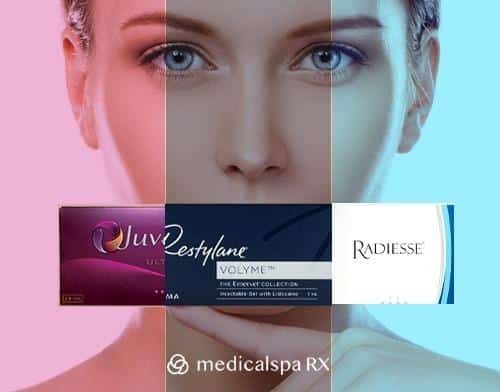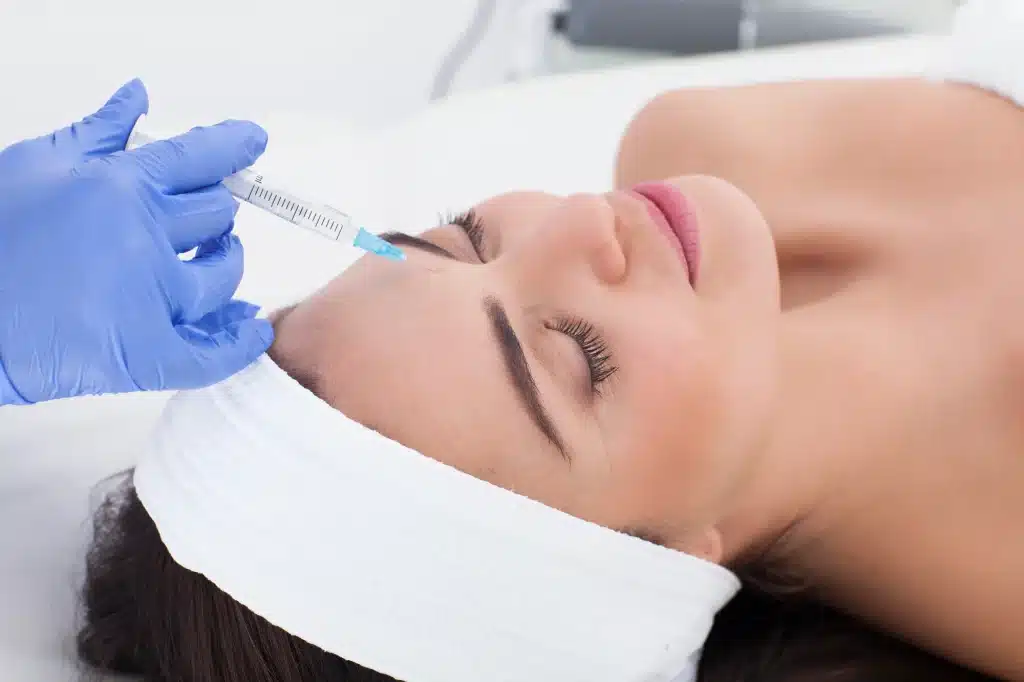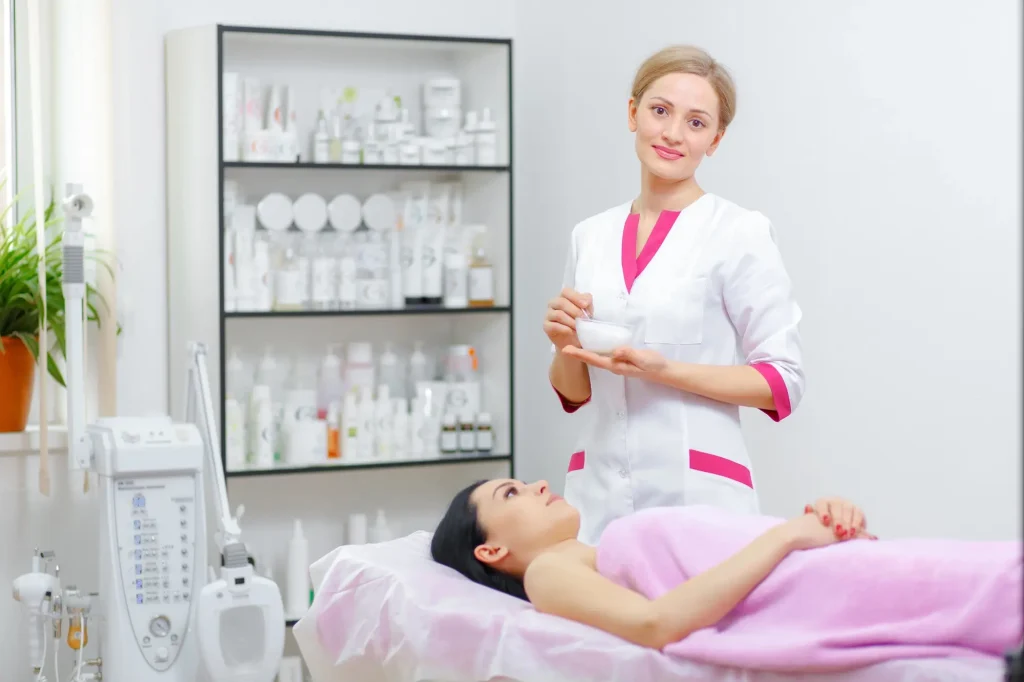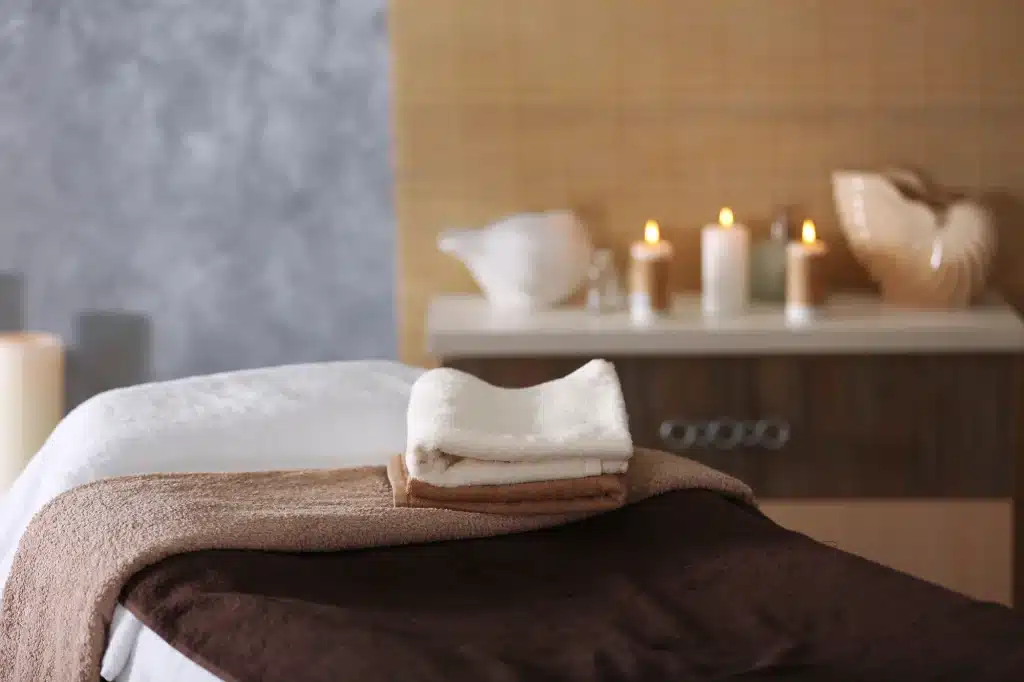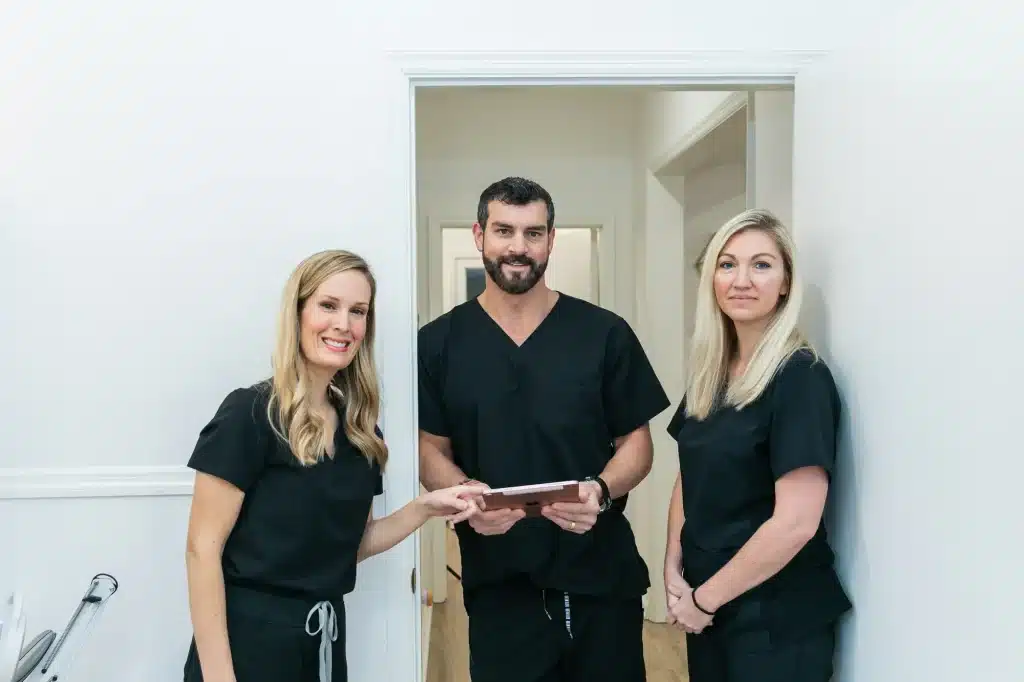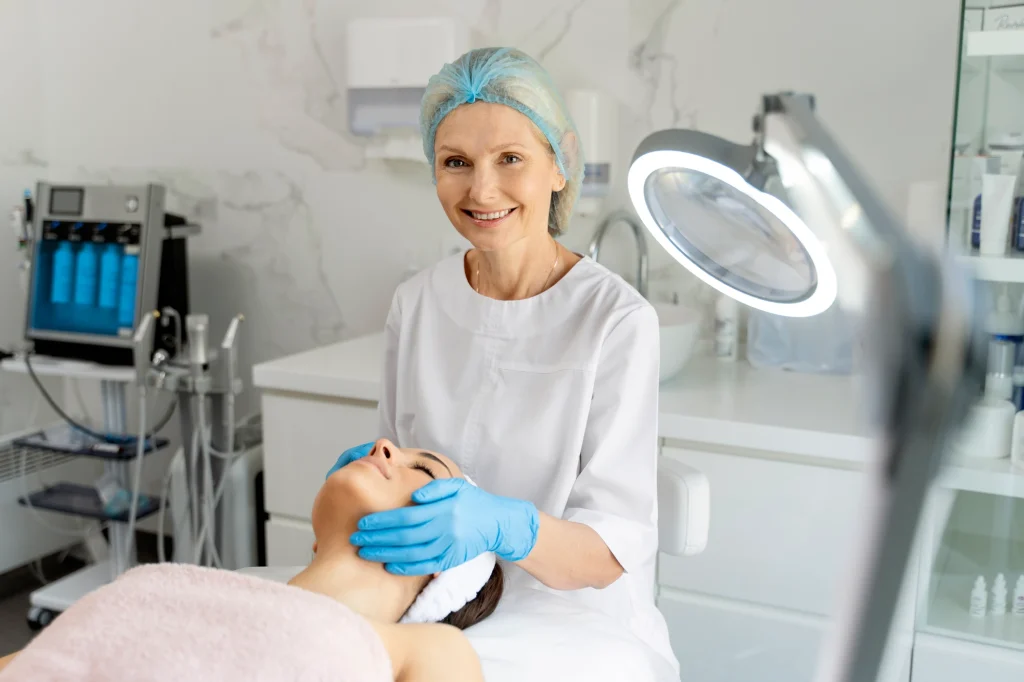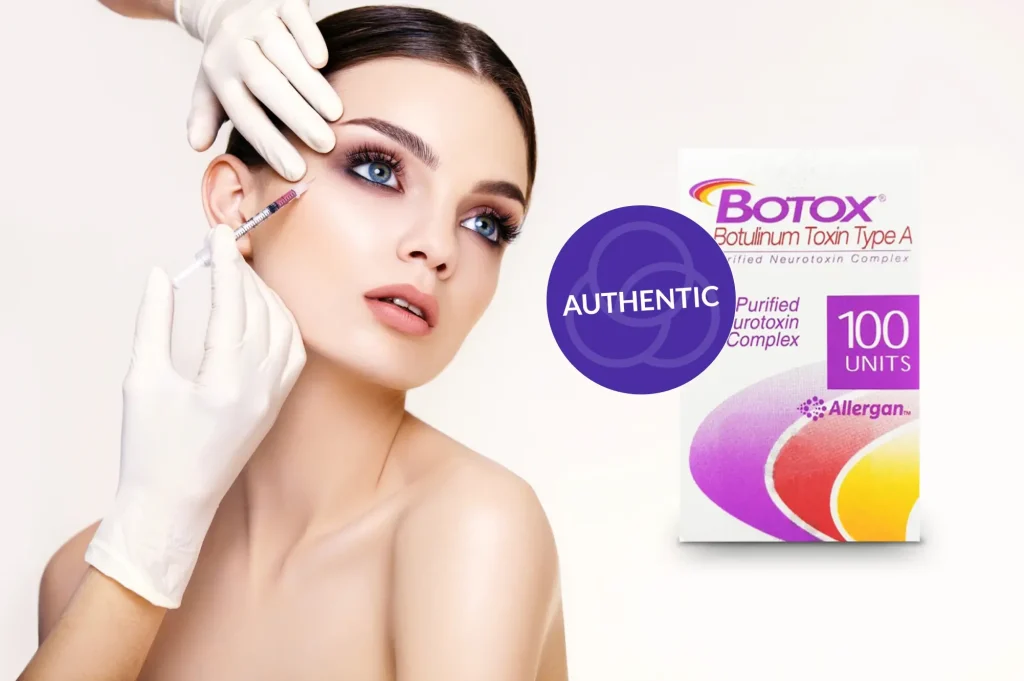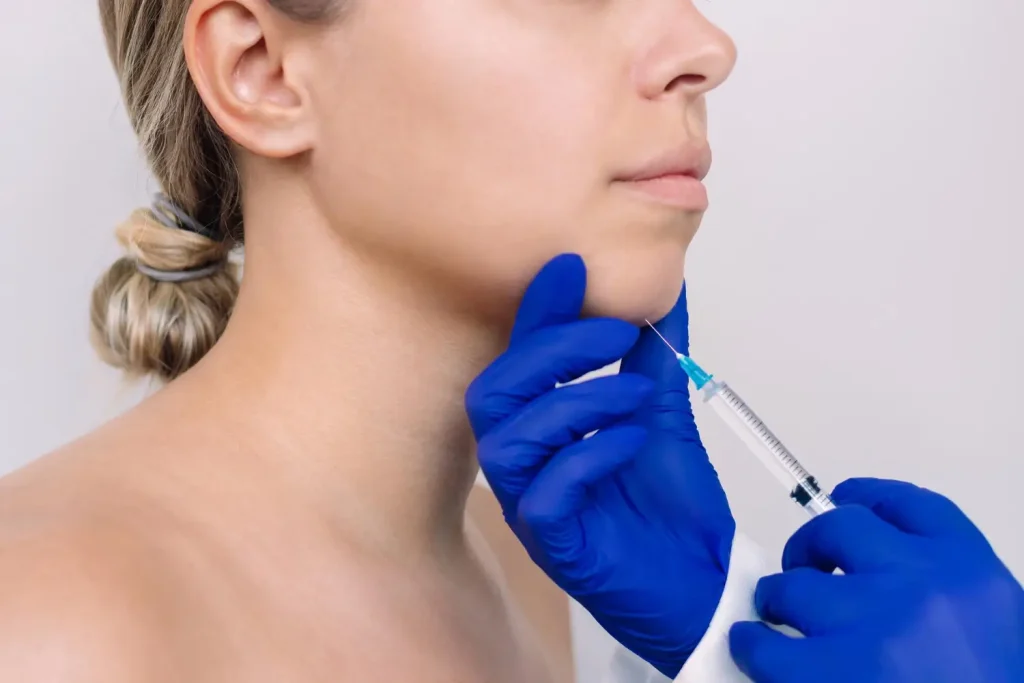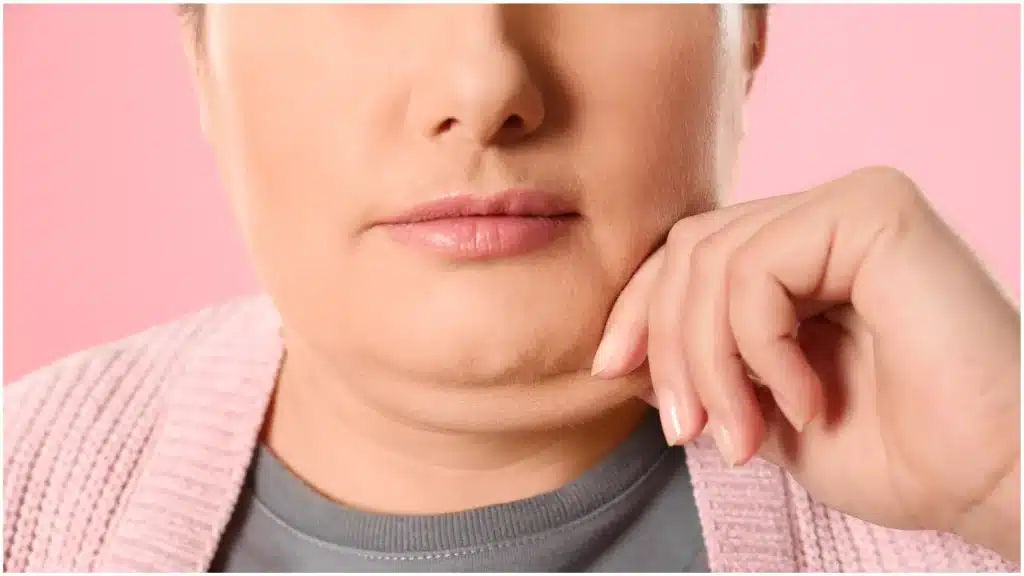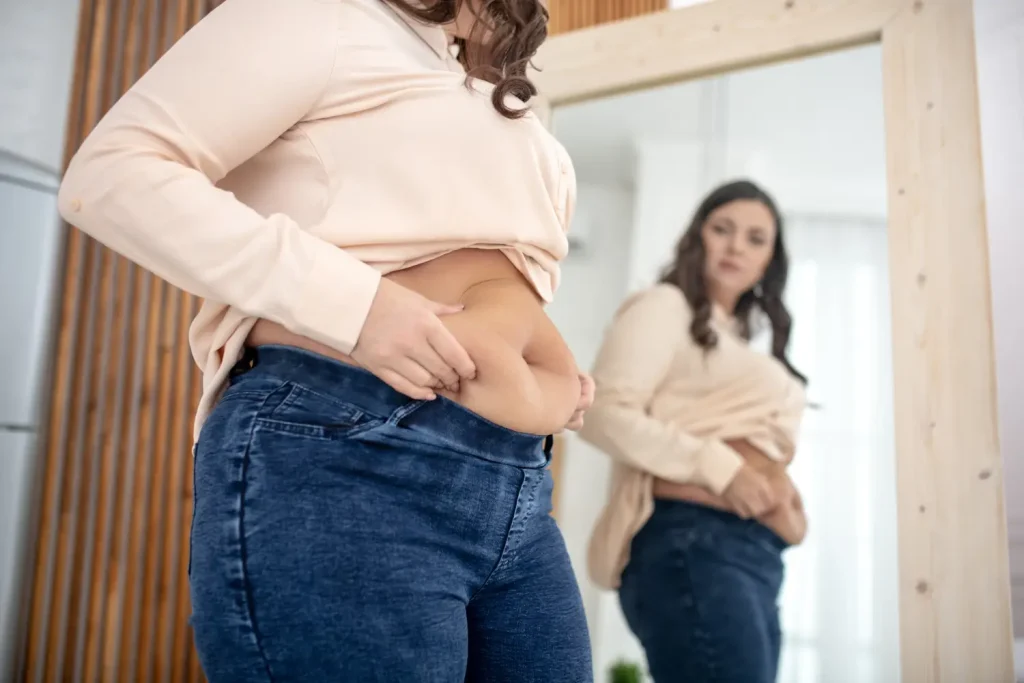The current boom of the dermal filler industry has brought about a surplus of different products and brands offering the same things: no wrinkles, more volume, hydrated skin, and other promises. How can a person navigate their way through all these brands to find the one that suits their needs?
Today, we help you figure out what brand to get by comparing three of the top brands in the dermal filler space: Juvederm, Restylane, and Radiesse. Hopefully by the end of the article, you will be able to determine which of these are the best fit for you.
Similarities
Before their differences, let’s get their similarities out of the way:
- They are used for reducing wrinkles, adding volume to skin, and to combat the signs of aging.
- They mostly work on similar areas of the face, or have products or variants for specific areas.
- These products are contraindicated for users who have bleeding disorders, allergies to the ingredients, are pregnant or lactating.
- Results are usually immediate and visible within the first day after treatment.
- Though their durations may differ, these are all still temporary effects as the components will get slowly absorbed by the body.
- The administration of these products are quick and can usually be completed within an hour without any downtime or need for significant recovery. However, strenuous activities may be discouraged for the first 24 hours.
- Side effects are mostly uncommon and minor. These include:
- bruising
- swelling
- discoloration
- Rash
- Light bleeding
- pain around the injection site
- They also have similar complications including:
- Allergic reactions
- Infection
- Tissue necrosis due to occlusion of or injection into blood vessels.
Juvederm
Juvederm is a series of FDA-approved dermal fillers created by Allergan. The main ingredient used in these fillers is hyaluronic acid. The different products in the collection have varying concentrations and components formulated to be optimal for specific areas of the face or for specific problems. Most of these products also have a variant with Lidocaine to help reduce pain during the procedure.
Juvederm’s hyaluronic acid is made from Streptococcus Equi through a proprietary process called “Hylacross Technology.” The cross-linker used in Juvederm is 1,4-butanediol diglycidyl ether (BDDE). These qualities ended up creating a smoother and more long-lasting effect.
It has also been documented that Juvederm’s smoothness allows it to be better suited for fine lines and for tighter skin areas such as around the eyes, lips, and nose.
The amount of crosslinks in the hyaluronic acid in Juvederm are also higher than most other brands, leading it to have more longevity in its effects. In general, Juvederm products can last from one to two years. The increased longevity of these effects also means the user will need less visits to the dermatologist.
In terms of cost, Juvederm products can range from $129 to $549 depending on what specific Juvederm product you need and if it also contains lidocaine.
Cost Of Juvederm’s Products
- Juvederm Ultra 2: $209.00–$229.00
- Juvederm Ultra 3: $305.00–$325.00
- Juvederm Ultra 4: $309.00–$329.00
- Juvederm Ultra Smile: $235.00–$255.00
- Juvederm Hydrate: $129.00–$149.00
- Juvederm Volift with Lidocaine: $429.00–$449.00
- Juvederm Volbella with Lidocaine: $339.00–$359.00
- Juvederm Voluma with Lidocaine: $339.00–$359.00
- Juvederm Volift Retouch with Lidocaine: $139.00–$159.00
- Juvederm Volite with Lidocaine: $339.00–$359.00
- Juvederm Ultra XC: $479.00–$499.00
- Juvederm Ultra Plus XC: $529.00–$549.00
- Juvederm Volux With Lidocaine: $379.00–$399.00
Restylane
Restylane was also a hyaluronic acid-based dermal filler created by the company Galderma. It is non-animal in origin and is created by bio fermentation of a streptococcus bacteria and uses 1,4-butanediol diglycidyl ether (BDDE) as its crosslinker.
Restylane is reportedly more viscous than Juvederm, making it more suited to adding volume to larger areas of the skin. It is particularly effective in the lips, cheeks, around the nose, and can even be used to add volume to skin on the hands.
In general, Restylane lasts between 6 to 18 months, meaning you may need more treatments to maintain the desired look.
In terms of cost, Restylane can go between $108 to $229 depending on the specific product.
Cost Of Restylane Products
- Restylane 1 ml: $149–$169
- Restylane 1 ml with Lidocaine: $159–$179
- Restylane Lyft 1ml: $149–$169
- Restylane Lyft 1 ml w/ Lidocaine: $165–$185
- Restylane SubQ 2 ml: $209–$229
- Restylane Lyps Lidocaine: $209–$229
- Restylane Skinboosters Vital w/ Lidocaine: $168–$189
- Restylane 0.5 ml W/Lidocaine: $89–$109
- Restylane Refyne: $159–$179
- Restylane Volyme: $83–$89
- Restylane Defyne: $189–$209
- Restylane Kysse: $159–$179
- Restylane Skinboosters Vital Light w/ Lidocaine: $168–$189
- Restylane Skinboosters Vital Light: $108–$129
Radiesse
In contrast to the previously mentioned brands, Radiesse is not a hyaluronic acid-based dermal filler but is considered a synthetic filler. Made from calcium hydroxylapatite microspheres, it can still do the same job as the hyaluronic acid fillers, but with some key differences.
Restylane’s calcium hydroxylapatite microspheres can be used to reduce volume loss in mostly the same places as the other dermal fillers except for the lips where Radiesse is currently not approved for use by the FDA.
The microspheres fill in the spaces in the skin similar to other dermal fillers, but it also has the effect of stimulating collagen growth in the area. Over time, the calcium hydroxylapatite breaks down, but leaves the collagen in the area, prolonging the volumizing effects on the skin.
Radiesse, due to this factor detailed above, has a more stiff consistency, allowing it to be better suited to adding structure or for eyebrow lifts, cheek augmentation, and any procedures requiring a firmer dermal filler. However, due to its consistency, it is subsequently more difficult to mold and correct.
In terms of cost, Radiesse is more expensive than the other two options, but since it lasts longer, the number of treatments needed are also less.
Cost Of Radiesse’s Products
- Radiesse 0.8ml: $169.00–$189.00
- Radiesse 1.5ml: $225.00–$245.00
- Radiesse (+) 1.5ml with Lidocaine: $244.00–$264.00
- Radiesse (+) 0.8ml with Lidocaine: $188.00–$209.00
In general, there really isn’t a best product among these three. Deciding which is best for you should be a discussion between you and your dermatologist. However, we hope this guide will at least give you an idea on the differences between these brands.
Don’t forget to visit medicalsparx.com to get the best deals on these products!
